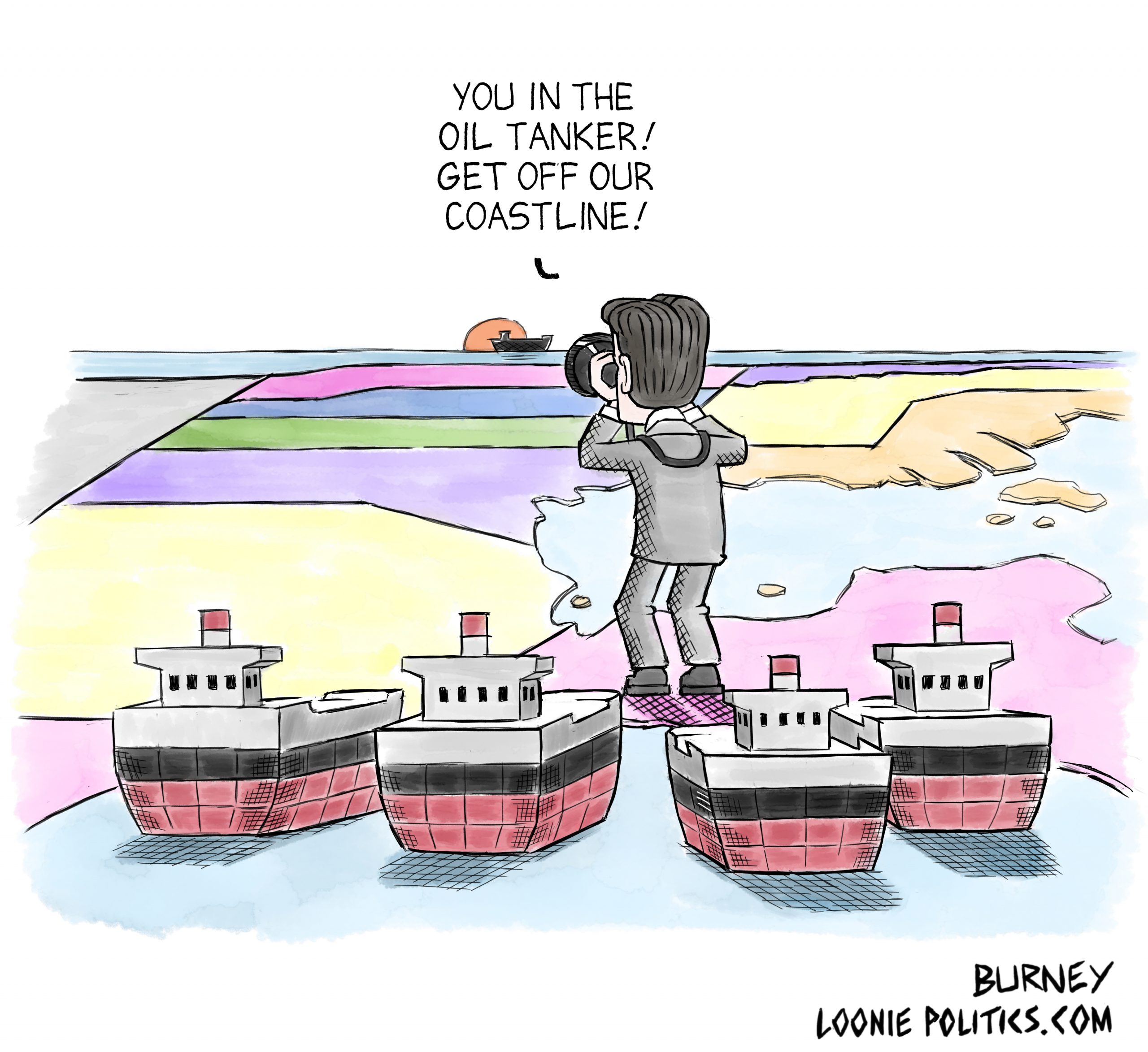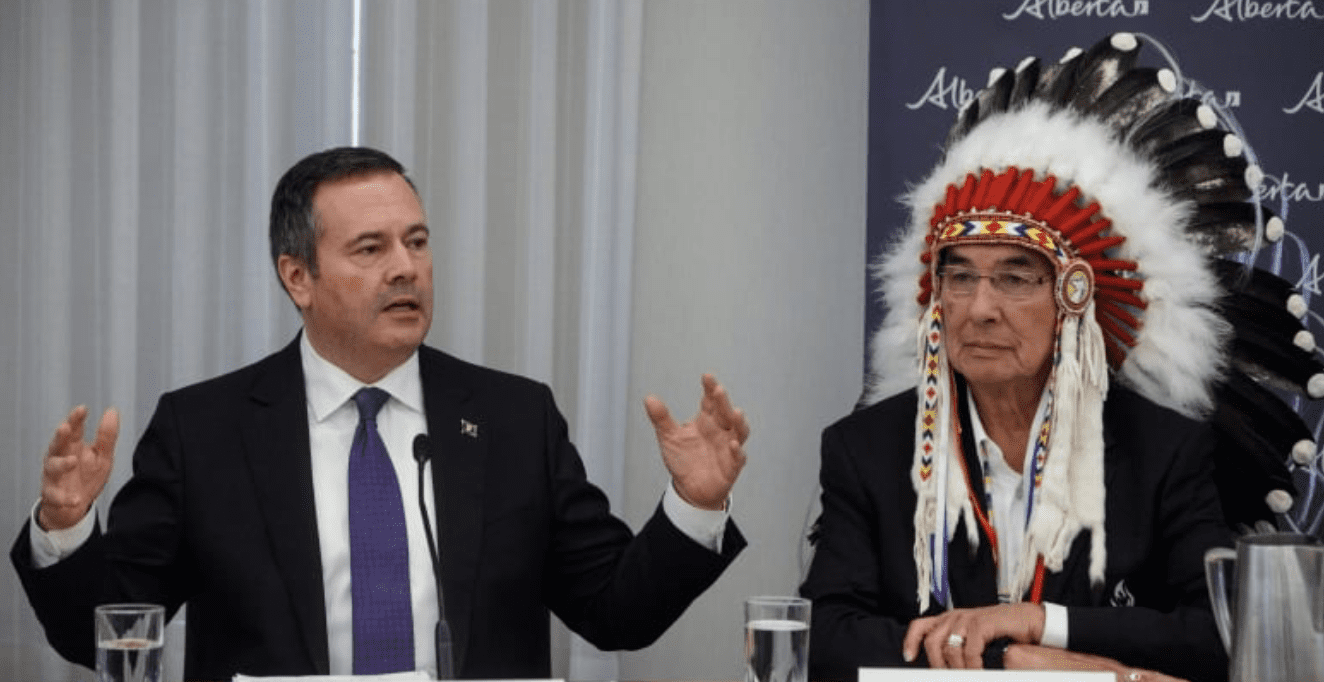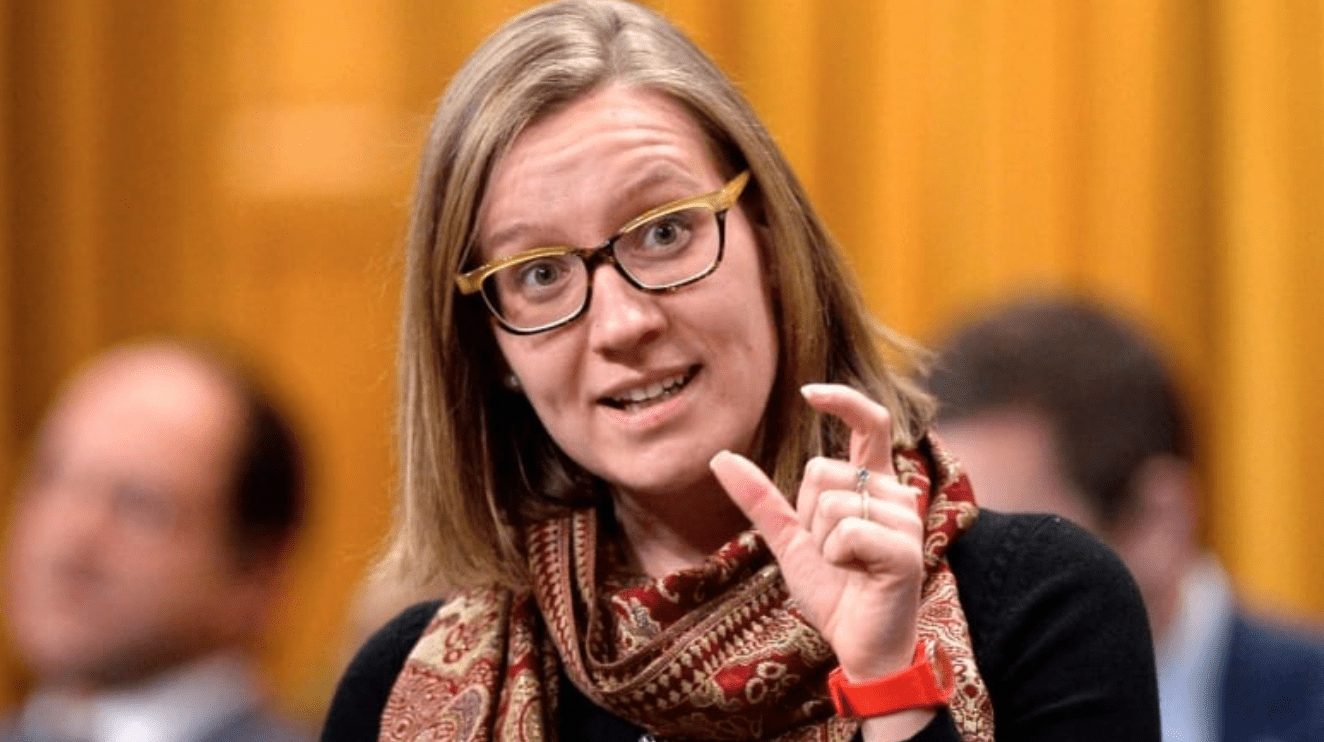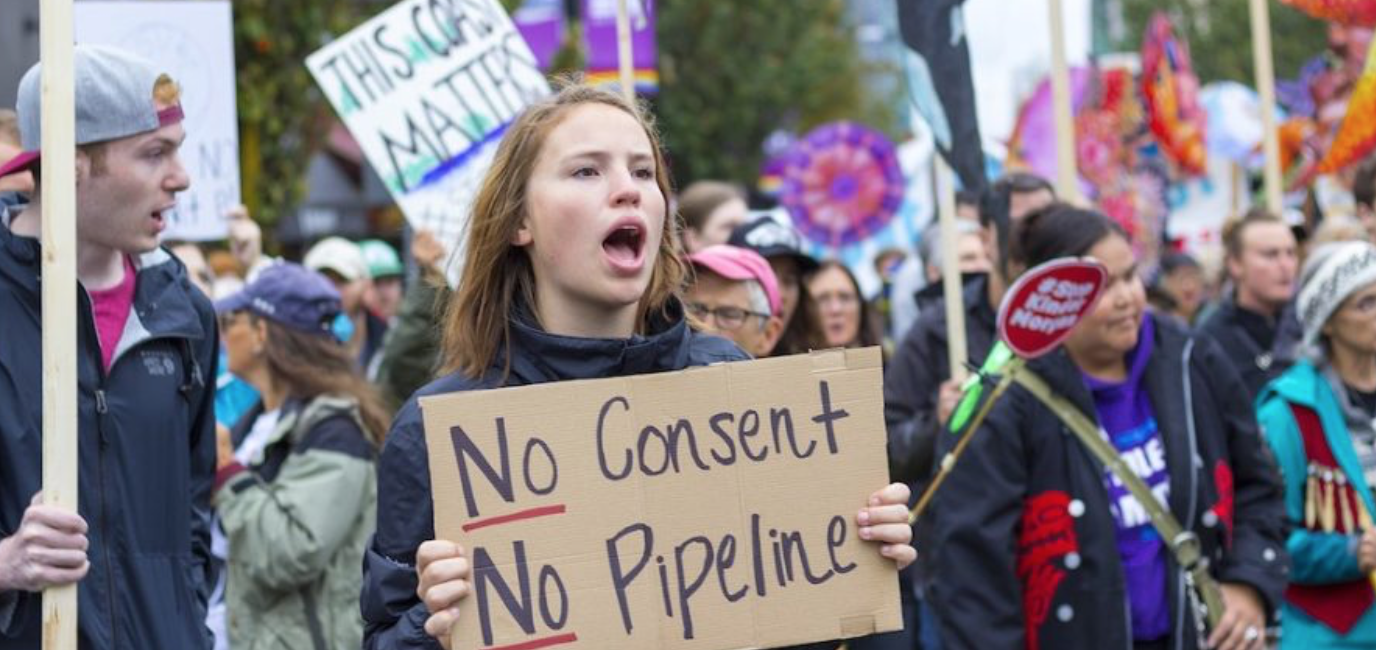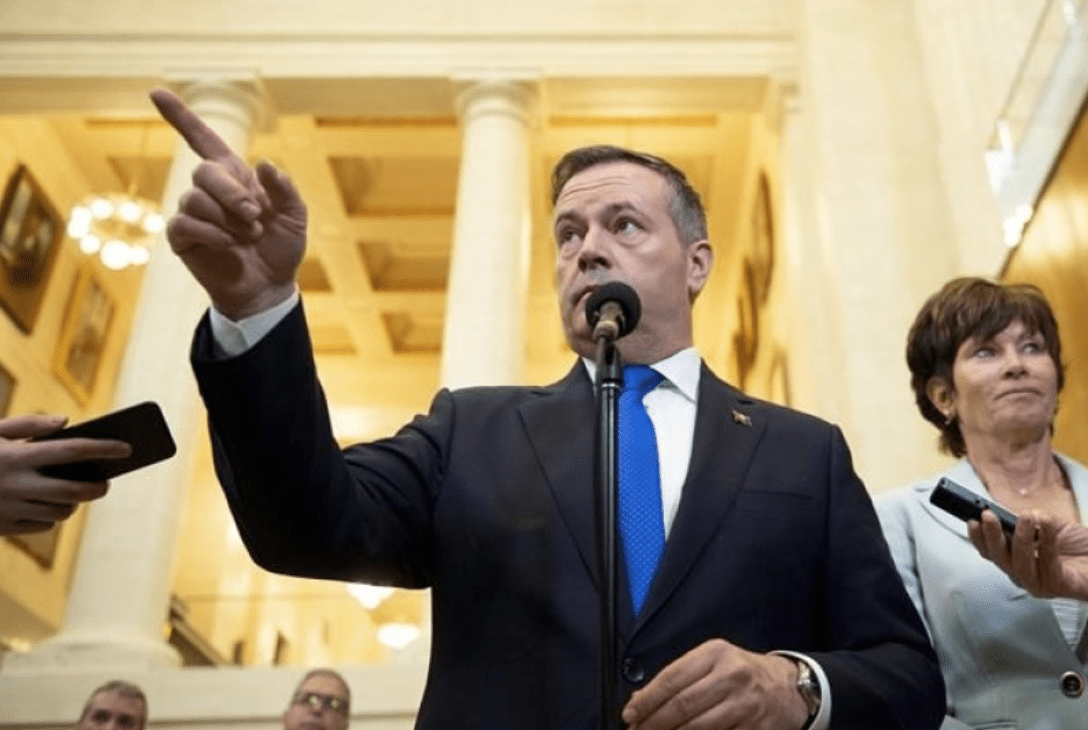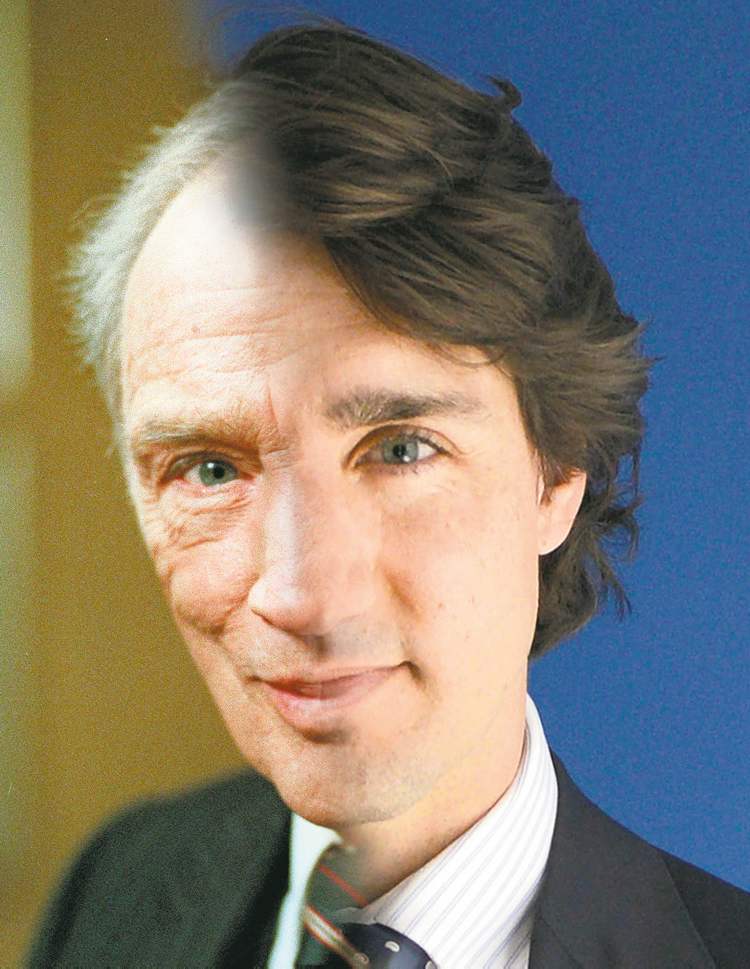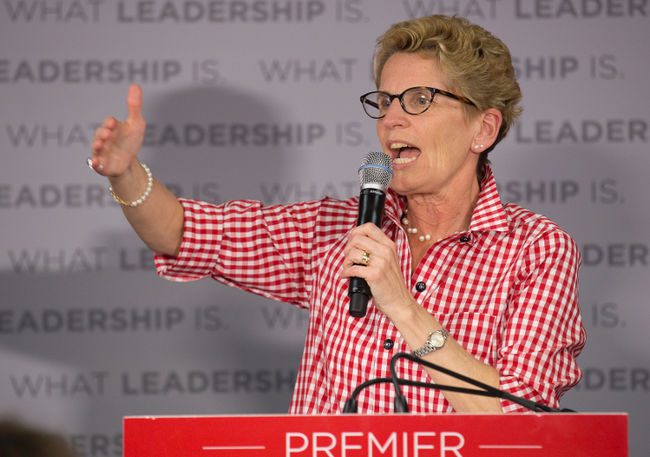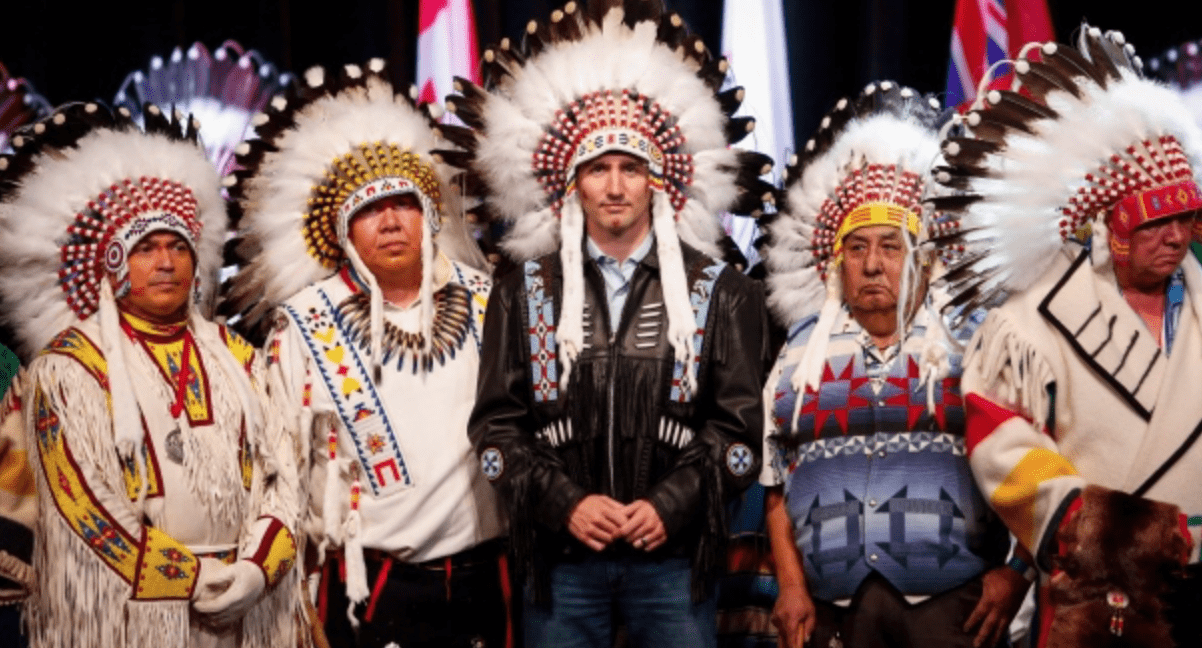So let me get this straight, no pun intended.
Premier Doug Ford, the day after saying he doesn't believe politicians should ever march in parades (apparently forgetting all the times he, a politician, has), went to the York Region Pride Parade.
Notably, pointedly he marched with the uniformed York Region Police, alongside his local MPPs.
This was no accident.
Pride Toronto, like other Prides throughout the world, has mandated that uniformed police officers are not welcome to march. They cite a history of police violence against queer and marginalised communities as their rationale for why. Stonewall itself fifty years ago was a riot against police brutality against queer communities.
You can choose to agree or disagree with this decision; the LGBT community itself is split on the matter, with the motion that mandated the decision a narrow one.
But Pride is for the LGBT community and their allies. It is our decision to make — not a straight, white man with a history of homophobic comments. (Who can forget his repeated references condemning "buck naked men" as this understanding of the Pride Parade when he was a Toronto city councillor.)
What Doug Ford did this weekend seemed to many like the equivalent of showing up to a vegan's house with steaks. He showed up thinking he could dictate what was right for the LGBT community, and that's wrong, that's not allyship; that's white, male, heterosexual privilege incarnate.
It is odd to me that a straight man who is not an ally to the LGBT community felt it was his place to use the weight of his office to tell the LGBT community how to celebrate the progress we've made, progress that started with a riot at Stonewall about, in part, police violence.
But odder still is this political trope we see where commentators and progressive staffers call on the likes of Ford or Andrew Scheer to march in Pride.
I have a simple question: why would we want them there?
If you do not support LGBT rights, if you voted against equal marriage, if you rescind modern sex ed, if you have a history of homophobic comments — I do not understand why people think simply marching in a parade is a good idea, much less that it washes away all those sins.
You don't get to walk the parade route if you don't walk the walk in your policies, votes and rhetoric. The parade is not a place for pandering if you do not follow through in real life.
I felt the same way about former Conservative leader Patrick Brown, when he made a big deal of showing up to Pride, notwithstanding his opposition to sex ed or his anti-LGBT rights votes in Parliament, which (to my knowledge) he never apologised for.
Here's my bottom line. If you want to walk in Pride — do the work, don't just show up and think the mere act of walking down Yonge Street in a boa absolves you of your record.
This is not complicated.
LGBT people and Pride itself are not props for Conservative politicians to virtue signal that they're inclusive, notwithstanding their votes and their policies.
Pride is an inclusive event, but it is also a political one. It is a march for our rights, and a celebration of the history that has pushed those rights forward. You need to be LGBT or an ally in order to attend, and if you attend as a straight ally, quite frankly you should know that you are there to support the LGBT community, not to dictate your views back to the community.
To quote Doug Ford himself when an LGBT protestor was roughed up at Ford Fest in 2014: "I apologize to him for what happened but you can't go into any event, a sporting event even, taunting people" — as if the "Ford Nation" folks were on one team and the LGBT protestors were on the other.
In other words, if you're a straight, white man going to go to Pride — much less a Premier with a history of homophobic remarks and anti-LGBT policies — you're there to support the LGBT community, not to dictate your preferences.
Photo Credit: CBC News







